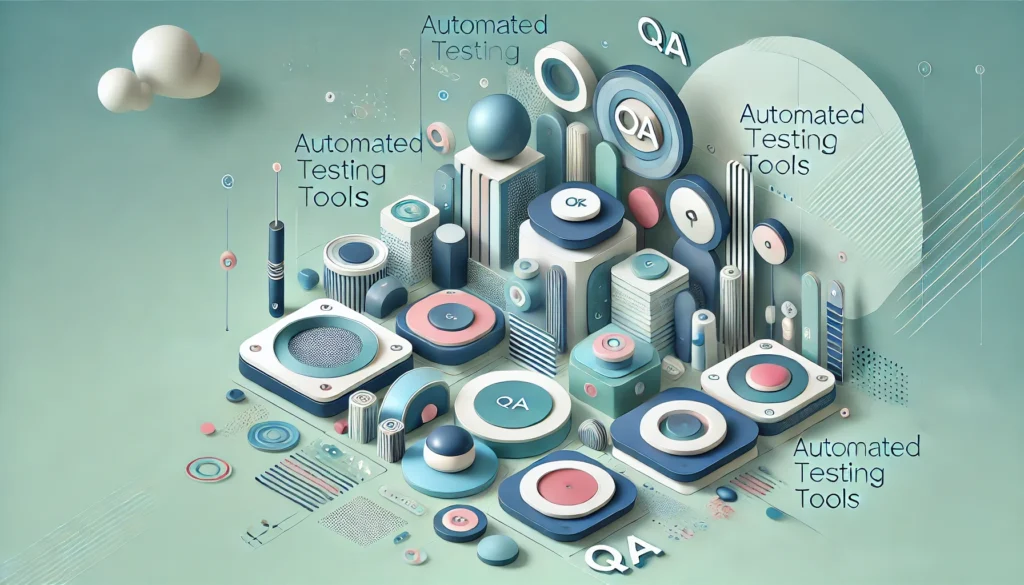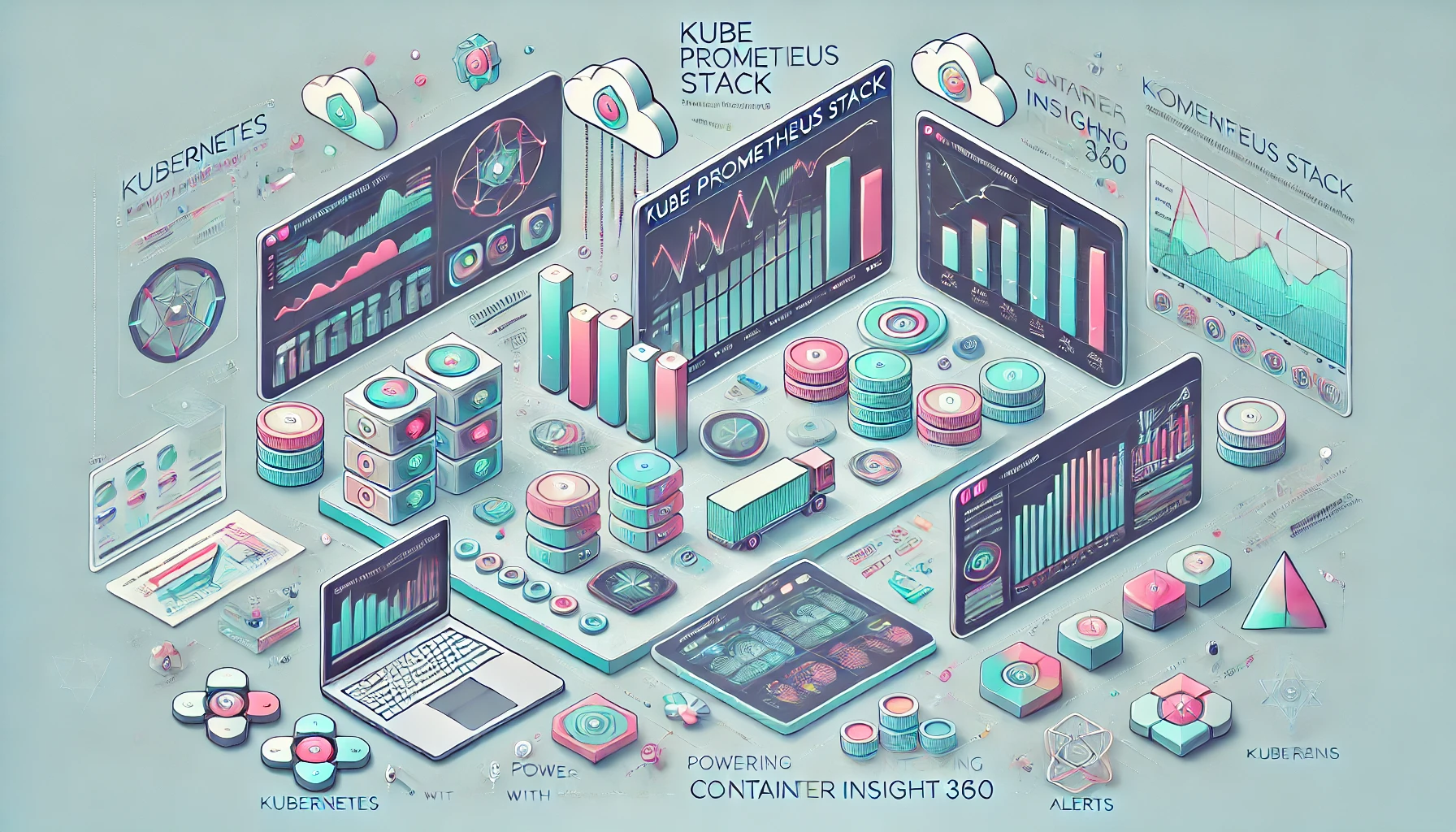In the fast-evolving world of software development, ensuring high-quality code and seamless user experiences is paramount. Automated testing tools have become indispensable in achieving these goals, providing efficiency, accuracy, and speed. As we step into 2024, it’s essential to stay updated with the latest tools that can enhance your testing processes. This article delves into the top 10 automated testing tools for 2024, offering insights into their features, benefits, and how they can streamline your quality assurance efforts.
Introduction to Automated Testing Tools
The landscape of software development is continually changing, with new technologies and methodologies emerging at a rapid pace. To keep up with these changes, quality assurance (QA) teams must adopt automated testing tools that not only improve efficiency but also ensure that software products meet high standards of quality and reliability. Automated testing tools are at the forefront of this effort, offering a way to execute repetitive tasks swiftly and accurately.
Why Automated Testing Tools? Automated testing tools are crucial because they allow for more consistent and thorough testing than manual methods. These tools can run tests repeatedly at any time of day, improving the likelihood of catching bugs early in the development cycle. This leads to faster release cycles, higher-quality software, and ultimately, more satisfied users.
Selenium: A Versatile Tool for Automated Testing
Selenium remains a cornerstone in the world of automated testing tools. Known for its robustness and flexibility, Selenium supports multiple programming languages such as Java, Python, and C#. It allows testers to write scripts for web applications across various browsers and platforms. Selenium WebDriver is a key component, providing direct communication with web browsers.
Key Features of Selenium:
- Supports multiple browsers (Chrome, Firefox, Safari, etc.)
- Integration with tools like Maven, Jenkins, and Docker
- Extensive language support
- Strong community and documentation
Benefits of Using Selenium: Selenium’s extensive community support and documentation make it an excellent choice for both beginners and experienced testers. Its flexibility allows integration with various CI/CD tools, facilitating seamless testing workflows. For more information, visit the Selenium Official Website.
Katalon Studio: Simplifying Automation with Automated Testing Tools
Katalon Studio is an all-in-one testing solution for web, mobile, API, and desktop applications. It’s user-friendly, making it accessible for both beginners and experienced testers. With its built-in keyword-driven and data-driven testing capabilities, Katalon Studio simplifies the automation process.
Key Features of Katalon Studio:
- Supports web, mobile, API, and desktop testing
- Integration with CI/CD tools (Jenkins, Azure DevOps)
- Comprehensive reporting and analytics
- Rich library of built-in keywords
Benefits of Katalon Studio: Katalon Studio’s ease of use and comprehensive feature set make it a powerful tool for organizations of all sizes. Its integration capabilities ensure that it can fit seamlessly into existing workflows. Learn more about Katalon Studio on their official website.
TestComplete: Comprehensive Automated Testing Tools
TestComplete by SmartBear is renowned for its ease of use and powerful automation capabilities. It supports functional UI testing for web, mobile, and desktop applications. TestComplete offers both script-based and scriptless options, catering to testers with varying levels of expertise.
Key Features of TestComplete:
- Supports multiple scripting languages (JavaScript, Python, VBScript)
- GUI object recognition and keyword-driven testing
- Seamless integration with other SmartBear tools
- Detailed and customizable reporting
Benefits of Using TestComplete: TestComplete’s ability to support both scripting and scriptless testing makes it a versatile tool suitable for a wide range of testing scenarios. Explore TestComplete further on the SmartBear website.
Cypress: Modern Web Testing with Automated Testing Tools
Cypress is a rising star in the field of end-to-end testing. Built specifically for modern web applications, Cypress operates directly in the browser, providing real-time feedback and a seamless testing experience. Its architecture simplifies setup and debugging, making it a favorite among front-end developers.
Key Features of Cypress:
- Real-time reloading and automatic waiting
- Time-travel debugging
- Comprehensive documentation and active community
- Supports JavaScript and TypeScript
Benefits of Cypress: Cypress’s unique architecture and features like time-travel debugging set it apart from other automated testing tools, providing an unparalleled testing experience. For more details, visit the Cypress website.
Appium: Flexible Mobile Automated Testing Tools
Appium is a versatile tool for mobile app testing, supporting both iOS and Android platforms. It allows testers to write tests using various programming languages and frameworks. Appium is based on the WebDriver protocol, ensuring compatibility with Selenium.
Key Features of Appium:
- Supports native, hybrid, and mobile web applications
- Cross-platform testing with a single codebase
- Integration with CI/CD tools
- Active community and extensive documentation
Benefits of Appium: Appium’s flexibility and support for a wide range of mobile applications make it an indispensable tool for mobile app testers. Learn more about Appium on their official website.
Ranorex Studio: Robust Automation Platform for Automated Testing
Ranorex Studio is a comprehensive tool for test automation of desktop, web, and mobile applications. Known for its user-friendly interface, Ranorex Studio offers record-and-replay capabilities, making it accessible for testers with minimal coding experience.
Key Features of Ranorex Studio:
- Supports a wide range of technologies and platforms
- Codeless test creation with robust scripting options
- Integration with CI/CD tools and test management platforms
- Detailed reporting and analysis
Benefits of Ranorex Studio: Ranorex Studio’s versatility and ease of use make it a favorite among testers who need to automate tests across multiple platforms without extensive coding knowledge. Discover more about Ranorex Studio on their official website.
Tricentis Tosca: Advanced Automated Testing Tools
Tricentis Tosca is a model-based testing tool that emphasizes risk-based testing and continuous testing. Its robust test automation capabilities cover a wide range of applications, including web, mobile, API, and desktop.
Key Features of Tricentis Tosca:
- Model-based test automation
- Supports CI/CD pipelines and DevOps practices
- Comprehensive analytics and reporting
- Risk-based testing approach
Benefits of Using Tricentis Tosca: Tricentis Tosca’s focus on model-based and risk-based testing makes it ideal for complex testing scenarios where precision and thoroughness are critical. Visit the Tricentis Tosca website for more information.
Robot Framework: Open-Source Testing Solution
Robot Framework is an open-source automation framework used for acceptance testing and robotic process automation (RPA). Its keyword-driven approach simplifies test case creation, making it a powerful tool for testers.
Key Features of Robot Framework:
- Extensible with numerous libraries and tools
- Supports both keyword-driven and data-driven testing
- Integration with Selenium, Appium, and other tools
- Active community and extensive documentation
Benefits of Robot Framework: Robot Framework’s extensibility and community support make it a versatile choice for testers looking to implement both acceptance testing and RPA. Learn more on the Robot Framework website.
Apache JMeter: Performance and Load Testing Tools
Apache JMeter is primarily known for performance and load testing, but it also supports functional testing of web applications. Its open-source nature and extensibility make it a popular choice for testers focused on application performance.
Key Features of Apache JMeter:
- Supports performance, load, and functional testing
- Extensible with plugins and custom scripts
- Integration with CI/CD pipelines
- Comprehensive reporting and analysis
Benefits of Apache JMeter: JMeter’s versatility and strong focus on performance testing make it an essential tool for ensuring that applications can handle high loads. Explore Apache JMeter on their official website.
TestNG: Flexible Testing Framework
TestNG is inspired by JUnit and NUnit, offering a more powerful and flexible testing framework. It supports a wide range of testing needs, from unit testing to integration testing. TestNG is known for its configuration flexibility and powerful execution model.
Key Features of TestNG:
- Parallel test execution and data-driven testing
- Supports various annotations and configuration options
- Integration with CI/CD tools
- Detailed reports and logging
Benefits of TestNG: TestNG’s powerful execution model and flexibility make it an excellent choice for testers looking to perform complex testing scenarios. For more information, visit the TestNG website.
Conclusion
Choosing the right automated testing tools is crucial for ensuring the quality and reliability of your software applications. The top 10 automated testing tools for 2024 listed here offer a range of features and capabilities to meet diverse testing needs. By leveraging these tools, organizations can enhance their testing processes, reduce manual effort, and achieve faster release cycles.
For more insights on how automated testing tools can benefit your CI/CD pipelines, check out our article on the Benefits of Continuous Integration and Continuous Delivery.



